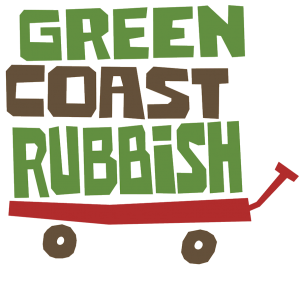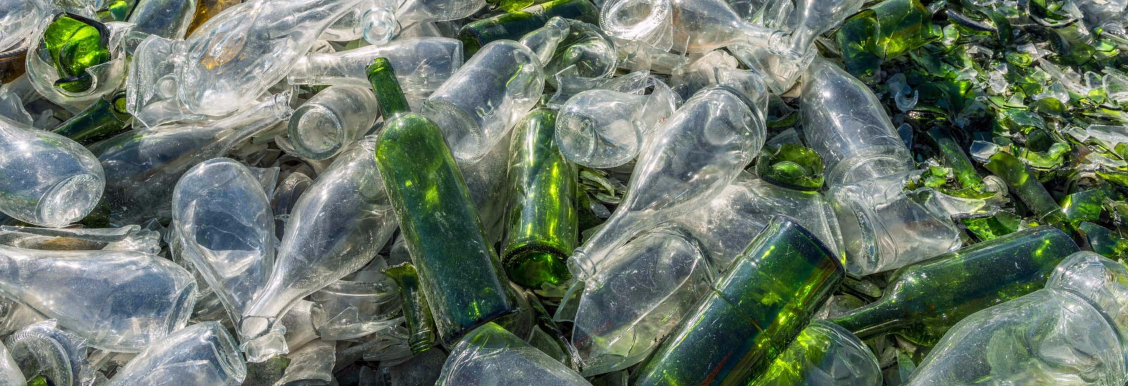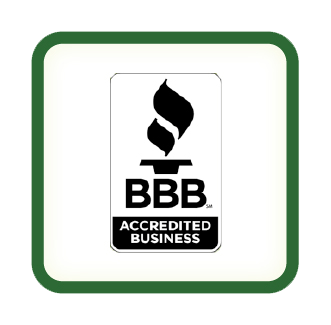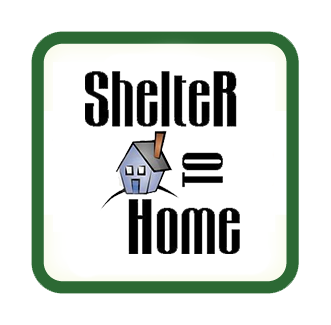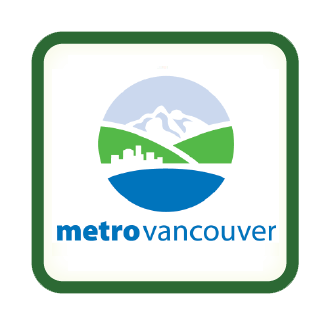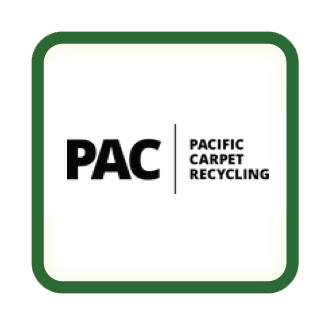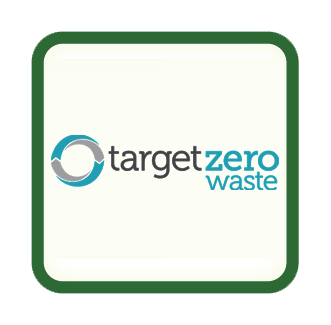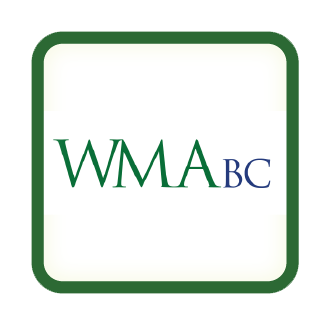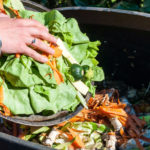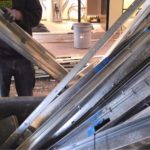The concept is fairly simple: not everything is garbage. However, it can still be a challenge to organize your home and disposal system. Once you have a clear recycling system in place, however, you will soon notice that the entire process becomes much easier to manage.
In order to recycle in Vancouver, you need to have the proper bins and bags. These are provided by the city and you can request a replacement if they are lost or damaged. For more information about where to get city approved recycling bins, visit the City of Vancouver website.
Composting Basics
Composting is the easiest way to make a difference in the environment. It is mandatory in the City of Vancouver and it is easy to do at home. Simply keep a small composting bin in your kitchen and use it to dispose of all organic materials.
You can easily get into the practice of separating your food waste and storing it in a green composting bin under the sink. This routine makes it easy to quickly dispose of the green bin contents into your organic waste bin for pickup.
Compost your kitchen waste in three simple steps:
- Collect food waste and kitchen scraps in a reusable container.
- Once full, empty your reusable container into your green bin (provided by the city). Wash the reusable container and place it back in your kitchen.
- Bring your green bin to the street curb on days garbage and recycling are collected.
When you are composting more sizeable materials like yard waste, you can build an outdoor composting bin, or place biodegradable material like branches, grass clippings, and weeds directly into your green bin.
Recycling Glass
Glass products should never be thrown in the garbage, it is often found in the recycling bin in the form of bottles and containers.
Glass can be easily recycled and repurposed. When you recycle your glass bottles, they are taken to a plant where they are cleaned, sorted by color, crushed and melted into new glass products. Glass can always be recycled.
If you don’t want to recycle your glass wear right away, there are many ways that you can repurpose old glass containers in your home. For example, you can easily clean an old, glass pasta sauce container and use them as cups or vases.
Be careful when you are recycling broken glass, it can be very easy to accidentally cut yourself. You should never throw broken glass in your trash bin, it should always be recycled. Be sure to rinse out all of your glass containers, and remove the lids before you recycle them.
You can bring used bottles to a local bottle depot and recycle them safely.
Recycling Paper Products
Paper is biodegradable and should be separated in your yellow or blue bag if you live in a house. If you live in an apartment complex, there should be a designated paper recycling bin.
Keep paper in a blue recycling bin at home so it is easy to transfer over to a bag on recycling day. Be sure to flatten all cardboard before putting it in the recycling bin. It takes up less space and is far more efficient.
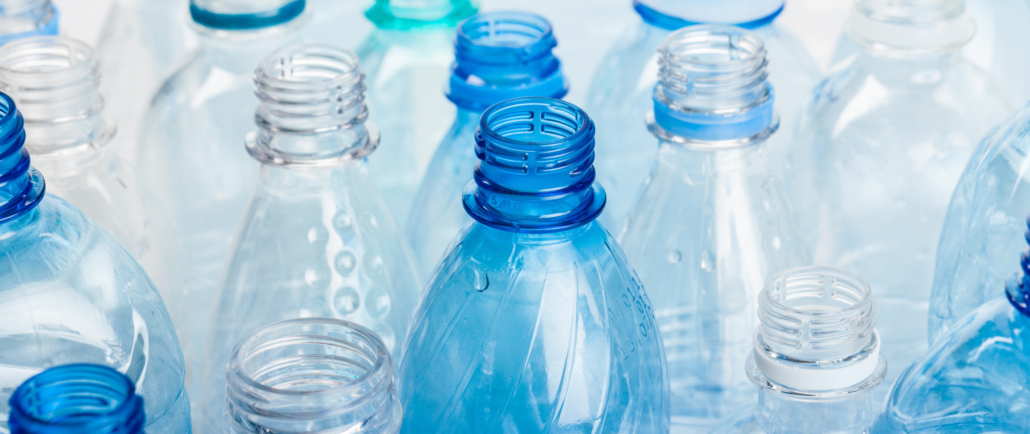
How To Dispose Of Plastic
The majority of plastic materials are non-biodegradable. After the plastic is recycled, it is purified and melted down. It can be used to create new products, rather than sitting in a landfill and harming the environment. You can recycle any plastics that have the universal recycling symbol on them.
Recycle plastic bottles at the recycle depot nearest you.
Do you know the difference between a type 4 and type 7 plastic? There are 7 different categories of plastic that specify the chemical makeup up the plastic, and as a result, its level of harmfulness to the environment. Each type of plastic must be carefully sorted and organized because you can only recycle certain kinds.
The fastest way to determine what kind of plastic you have is to look at the bottle or container and find the universal recycling sign (three clockwise arrows) inside that symbol, there will be a number!
Plastic #1
Polyethylene terephthalate (PETE or PET). This plastic is clear in appearance and you’ll see it on the majority of juice containers and bottles. It is widely accepted by recycling programs
Plastic #2:
High-density polyethylene (HDPE). These are your milk jugs or other opaque plastics. They are safe and a low level of toxicity. They are widely accepted by recycling programs.
Plastic #3:
Polyvinyl chloride (PVC). Used to make inflatable mattresses, plumbing pipes, and certain food wraps, PVC is a strong plastic that contains chemicals unsafe for humans. Never heat, microwave, or cook with your food wraps, these chemicals can leach into your food. These plastics are not accepted by recycling programs.
Plastic #4:
Low-density polyethylene (LDPE). Used in certain shopping bags and bread wrappers. Many grocery stores use recycled plastics in these bags nowadays. Check with your local grocer to see if they have a recycling program for their plastic shopping bags. We recommend using reusable bags made of fabric or canvas instead of plastic grocery bags.
Plastic #5:
Polypropylene (PP). This plastic is “heat resistant” but it is a good idea to avoid heating any type of plastic. It is used in microwave-safe containers, yogurt and food containers, as well as plastic cooking utensils. It is generally accepted by recycling programs.
Plastic #6:
Polystyrene commonly appears as styrofoam. It is also used in packing materials for fragile products. This plastic is only accepted by certain recycling programs, it is not generally accepted in curbside recycling.
Plastic #7:
Everything else. When you see plastic #7 in the recycling symbol it means that this material is made up of a mixture of several different types of plastic. Plastic #7 is used in sports equipment and computer parts. It can be made up of any mixture of plastics. It is generally not recyclable as it is a toxic plastic when heated.
Call Green Coast Rubbish To Recycle Larger Items!
If you have larger items that need recycling, for example, wood, mattresses or electronic devices, give Green Coast Rubbish a call! We work every day to divert reusable materials from landfills.
We provide both residential and commercial junk removal services, and we have a wide range of products and materials that we accept. For a full list of recyclable materials, visit our website, or call us today for a consultation.
